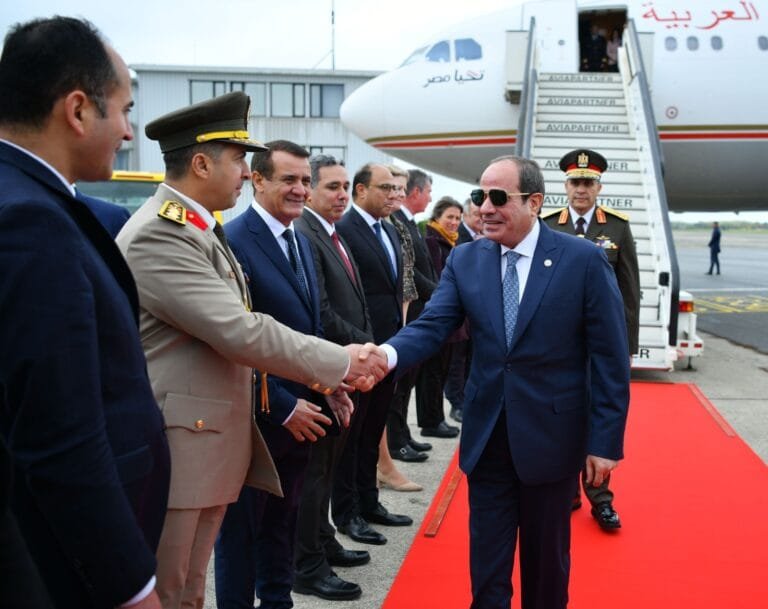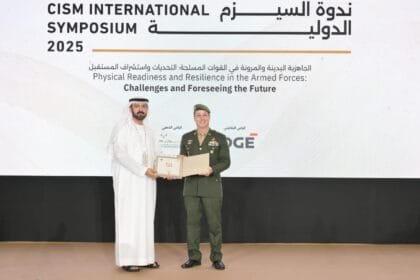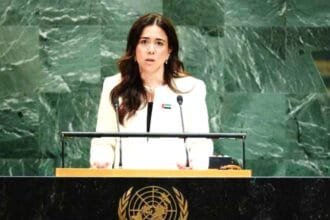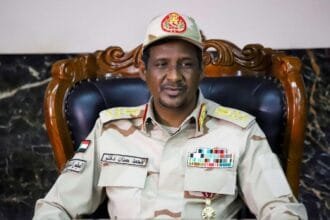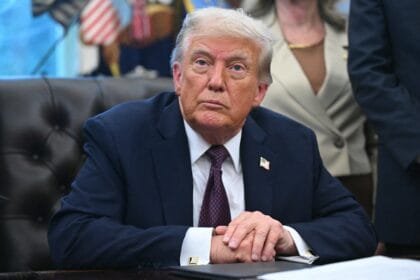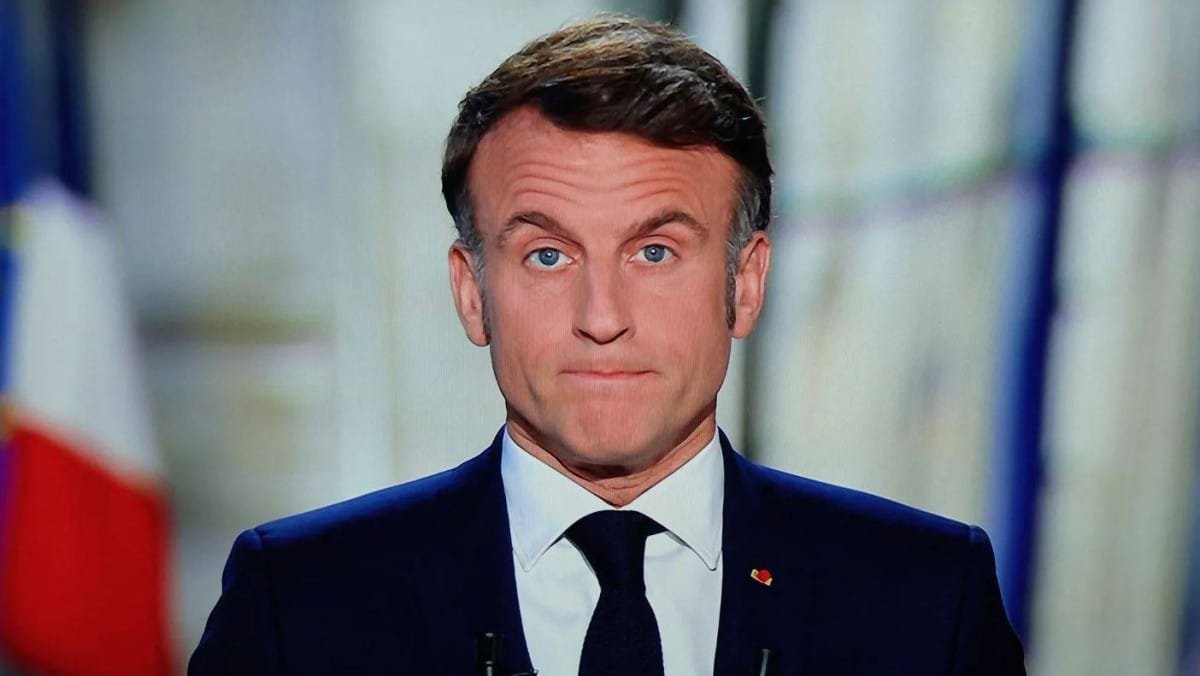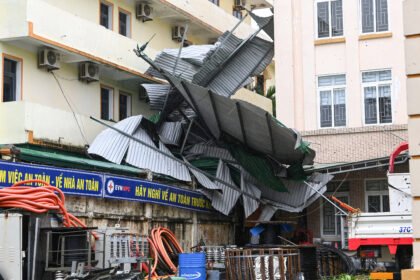Cairo, Egypt – Egyptian President Abdel Fattah El-Sisi received Kaya Kallas, High Representative of the European Union for Foreign Affairs and Security Policy and Vice-President of the European Commission, on Wednesday at his residence in Brussels. The meeting, held at his residence in Brussels, covered a number of regional and international issues of common interest.
Strategic partnership and political coordination
President El-Sisi began the meeting by emphasizing his deep appreciation for the strategic relations between Egypt and the European Union. He pointed to the importance of enhancing coordination and ongoing consultation, especially in light of the rapid developments in the Middle East. He also emphasized the importance of concerted efforts to maintain political and security stability in the region.
The Egyptian president emphasized that Egypt follows a balanced approach in its regional policies. This approach is based on supporting peaceful political solutions to crises, respecting the sovereignty of states, and rejecting foreign interference in their affairs. He added that the Egyptian experience over the past decade has proven the success of this approach. This success has been achieved particularly in the areas of combating terrorism, illegal immigration, and achieving stability in the region.
Egypt’s efforts on migration and regional security
Sisi noted that Egypt has succeeded since 2016 in stopping the departure of illegal immigration boats from its shores. This success has contributed to reducing the flow of irregular migrants to Europe. He explained that, despite economic pressures, Egypt hosts approximately 10 million refugees and foreigners displaced from countries experiencing chronic conflicts and crises.
He pointed out that supporting the stability of these countries is the sustainable solution to curbing migration. He emphasized that Egypt will continue working with its European partners to support development and capacity-building efforts in the source countries.
The Palestinian issue and the reconstruction of Gaza
Regarding the Palestinian issue, the Egyptian president reviewed Cairo’s role in reaching the Sharm el-Sheikh agreement to end the war in the Gaza Strip. He pointed to the ongoing cooperation with regional and international partners, especially the United States. This cooperation aims to implement US President Donald Trump’s plan.
Sisi stressed the importance of consolidating the ceasefire, ensuring the sustainable flow of humanitarian aid, and initiating reconstruction efforts in the Gaza Strip. He also noted the conference Egypt plans to host in November to support reconstruction and recovery efforts.
European praise for the Egyptian role
For her part, Kaya Kallas commended Egypt’s effective role in regional security issues, particularly the ceasefire in Gaza. She also commended its mediation of conflicts, stressing that the European Union considers Egypt a pivotal partner in achieving stability in the region.
Kallas expressed the European Union’s support for the US peace plan and its readiness to participate in its implementation, including supporting the conference scheduled to be held in Cairo to rebuild Gaza.
The European official also praised Egypt’s efforts to combat illegal immigration and stressed the importance of strengthening development cooperation with source countries to reduce the flow of refugees.
Water and regional security files
The meeting also addressed water and security issues in the Red Sea and the Horn of Africa region. Both sides agreed on the importance of respecting international law and not infringing on states’ sovereignty or using their water resources as a means of political pressure.
The two sides affirmed the need to resolve the crises in Sudan and Libya in a manner that ensures the unity and integrity of their territories. They also emphasized the importance of ending the war in Ukraine and respecting international law.
The meeting concluded with a joint affirmation of the need to continue the strategic dialogue between Egypt and the European Union and intensify coordination on issues of common interest, with the aim of serving regional stability and international security.




